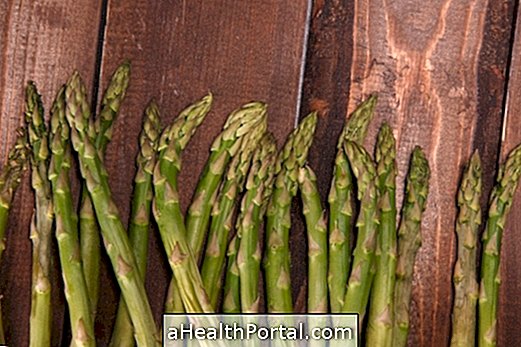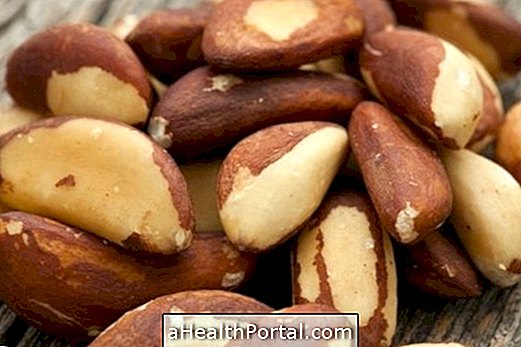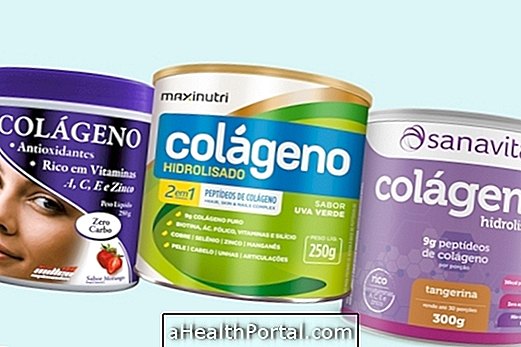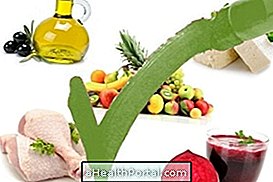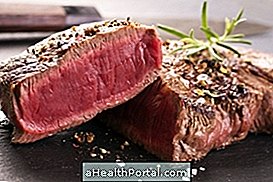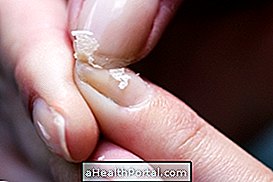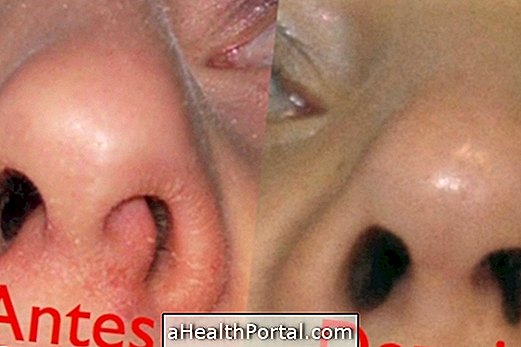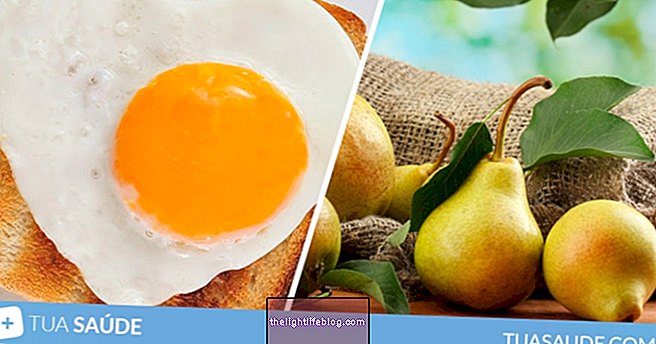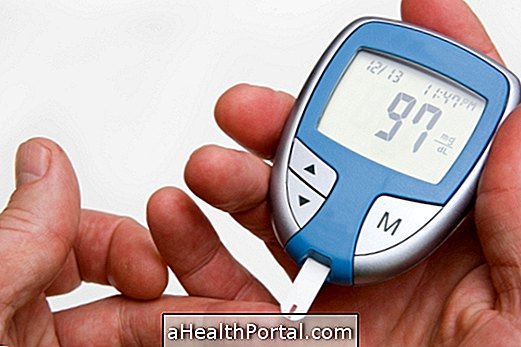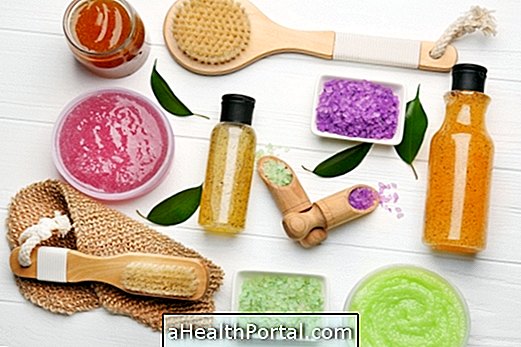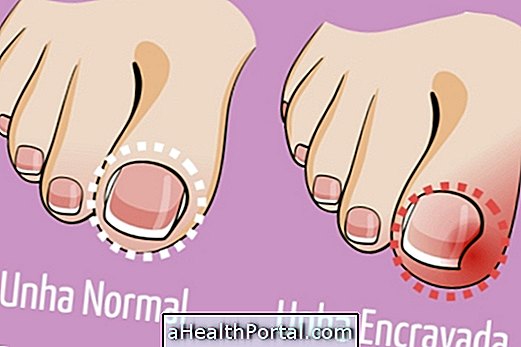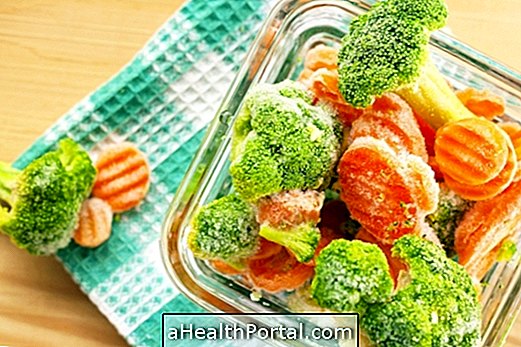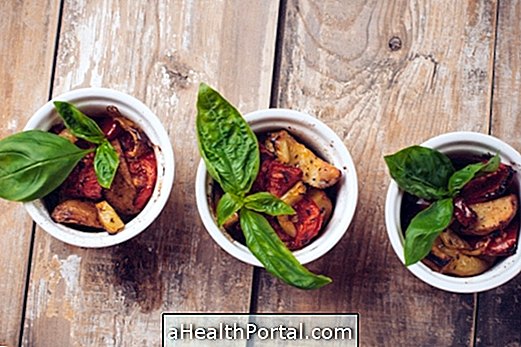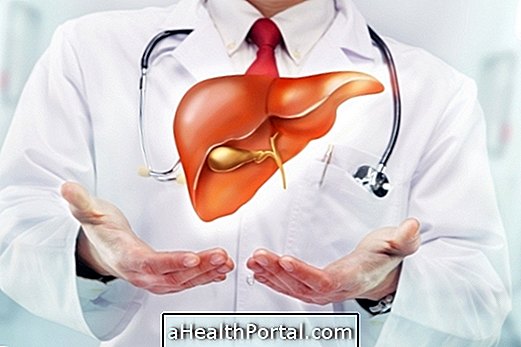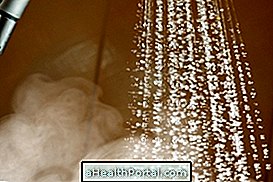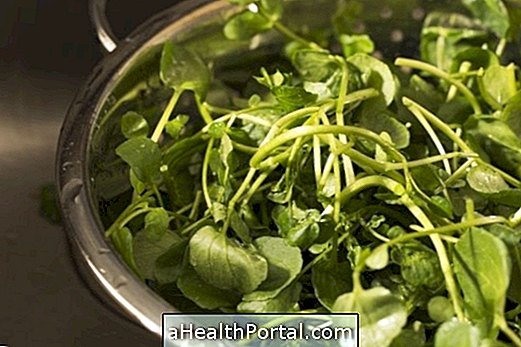The supplementation serves to provide the body with plant components, beneficial bacteria, fibers, trace elements, minerals and / or vitamins to balance the body, which due to the modern lifestyle in which there is much stress and pollution are difficult to guarantee or are due to a health problem.
Food supplements are concentrates of nutrients intended to supplement regular food, but attention and awareness should be taken when choosing the best supplementation, since although supplements sometimes do not have contraindications they may not be indicated in certain cases and, although are natural, there are doses and recommended periods for their ingestion.
Food supplementation may be used for a variety of purposes, some examples being:
- Supplementation for hypertrophy - is a supplement that uses proteins, specific amino acids, trace elements and minerals to help increase muscle mass and is performed to help especially bodybuilders.
- Women's Supplementation - is a specific supplementation for problems that may arise in women, such as premenstrual tension or specific phases of a woman's life, such as pregnancy, breastfeeding or menopause. The nutrients and substances used can be minerals, vitamins or trace elements.
- Supplementation sports - this supplementation is very specific and varies according to the sport practiced, being necessary the individual accompaniment. Vitamins, minerals, or other important substances can be used to ensure the nutrition of the body.
The advice and professional accompaniment is always welcome in the choice of dietary supplements to have the desired results, without this end up spending time, expectation and money without realizing results.
What is iron supplementation for?
Iron supplementation serves to combat iron-deficiency anemia and may be used:
- Iron supplementation in infancy - because anemia often occurs in children because although iron is present in many foods most diet foods have low bioavailability iron, such as cereals and legumes.
- Supplementation of iron for infants - because if the baby has iron deficiency it may have difficulty in cognitive development, sleep pattern and memory resulting, in the long term, in a lower school performance and learning difficulties.
- Iron supplementation in pregnant women - may be necessary because iron deficiency at this stage of life may increase the chance of maternal and infant mortality, as well as the risk of infectious diseases, prematurity, low birth weight, and compromise the development of central nervous system.
Supplementation in iron may be accompanied by supplementation in vitamin C because this vitamin increases the absorption of iron by the body.
What is Vitamin A supplementation for?
Vitamin A supplementation serves to enhance the visual system, aid growth and strengthen the immune system, reduce the severity of infections, as well as aid in the faster recovery from diarrhea.
The vitamin A supplementation program is a program of the Ministry of Health that aims to reduce and eradicate vitamin A deficiency in children between six and fifty-nine months of age and postpartum women living in risk regions in Brazil are the Northeast, Jequitinhonha Valley in Minas Gerais and Vale do Ribeira, in São Paulo.
Useful links:
- Foods rich in iron
- Foods rich in vitamin A
- Too Much Protein Does Ill?
